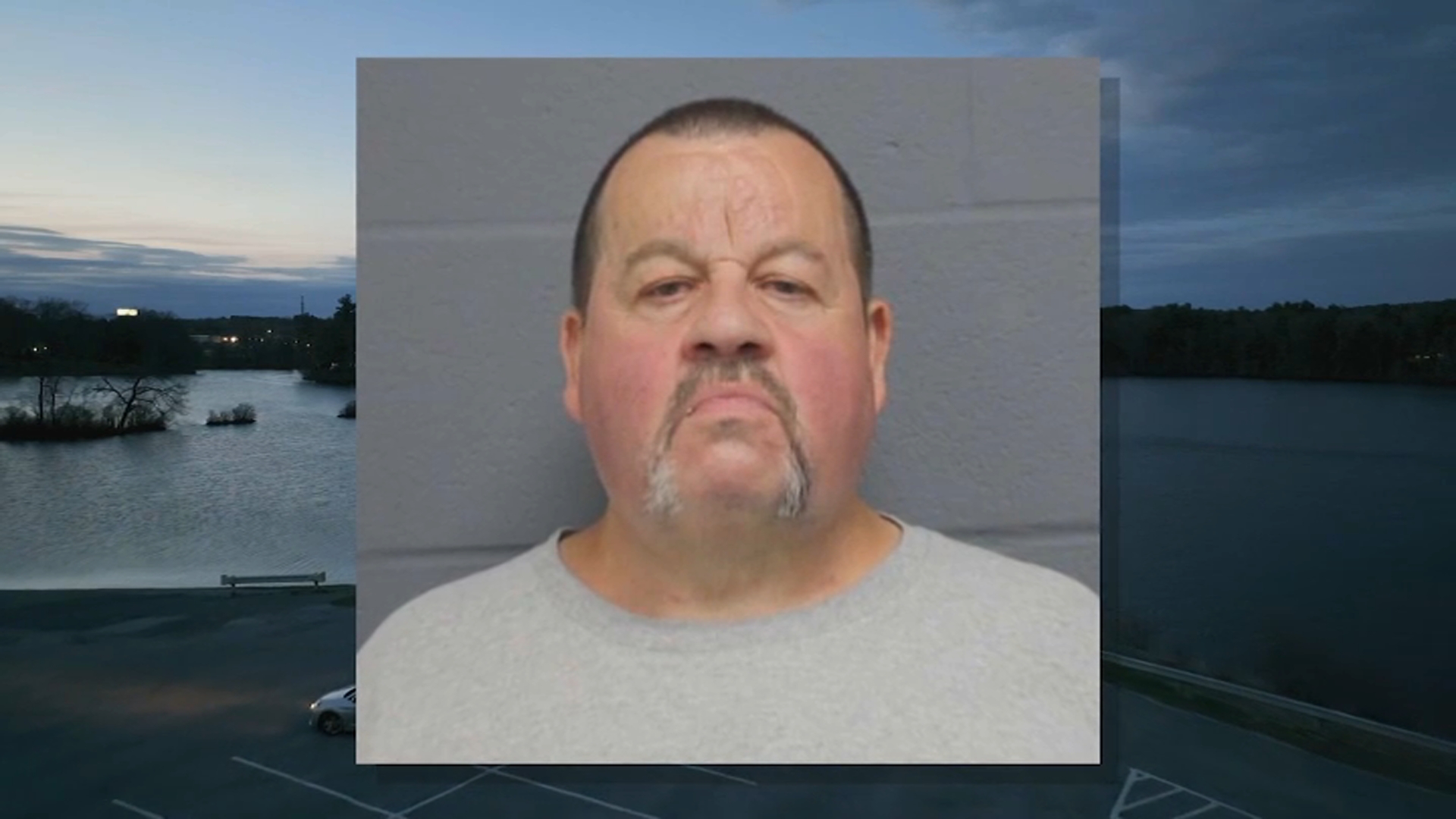For so many students, senior year can be an exciting time as they prepare for college, but for immigrant students without a green card or permanent residence, the options to pay for that education are extremely limited.
For thousands of immigrant students, access to federal aid is not an option, and now there are calls for the Biden administration to make a change.
“When I talked to my counselor, I tell her my situation, she says that people like me can’t go to college,” Sarahi Espinoza Salamanca shared.
Get Boston local news, weather forecasts, lifestyle and entertainment stories to your inbox. Sign up for NBC Boston’s newsletters.
Salamanca was an undocumented immigrant during her senior year of high school in 2008.
“I feel like my whole life I knew I was an immigrant in this country, but I had no idea that I was an undocumented immigrant, and especially what that meant for me trying to pursue a higher education,” she said.
When she found out that she didn't have a social security number or a permanent residence -- a requirement to access federal financial aid also known as FAFSA -- she says her world crumbled.
Local
In-depth news coverage of the Greater Boston Area.
“You go your whole life working so hard…" she said.
Before 2012, when the Obama administration passed the hotly debated Deferred Action for Childhood Arrivals -- also known as DACA or The Dream Act -- immigrant students like Salamanca did not have access to a drivers license, work permit or state and federal financial aid programs.
There are roughly 65,000 undocumented students graduating every year in the same situation.
“Definitely it was a really difficult experience, I remember that my friends were getting e-mails receiving the financial aid letter that had all of the money that the school was giving them and I remember coming home and feeling like sad because I couldn’t get that financial aid,” Denisse, another dreamer, shared.
In Massachusetts, undocumented students are allowed to pay the in-state tuition rate at public colleges and universities but the state does not offer any specific programs for them.
In Connecticut, however, thanks to new legislation, DACA students can access financial aid at the state level.
“It definitely made a huge difference," Denisse said.
Salamanca didn't want any student to face the same barriers to higher education that she did, so she paved a new path for dreamers to find financial aid by creating an app called "Dreamers Roadmap," which lists thousands of grants and scholarships for immigrants.
“If I could change the life of just one person, that’s success for me," she said. "This was the tool that I wish I would have had when I was in high school.”
And there is a glimmer of hope on the horizon. During his campaign, President Joe Biden promised a pathway to citizenship for dreamers within his first 100 days in office and promised to extend FAFSA to dreamers.
"You know you could just solve this problem by passing an immigration reform,” Salamanca said.
It's also important to note that at least 11 states in the country now offer financial aid programs for undocumented students. A similar legislation was proposed in Massachusetts in 2019 but it was discharged in January 2021.



